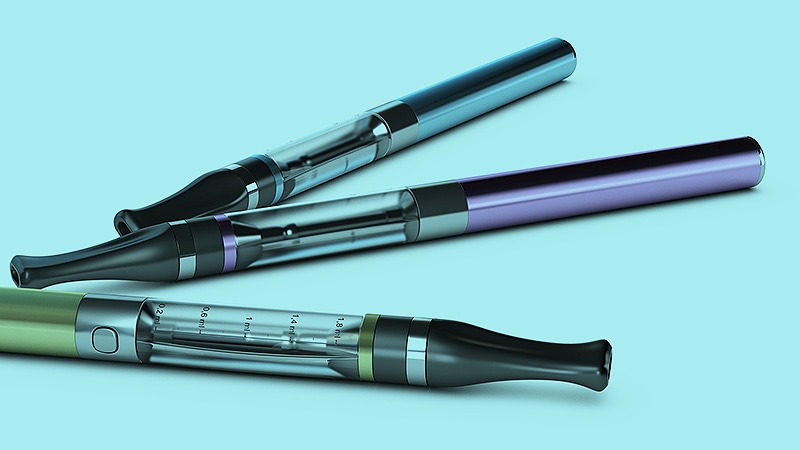Takeaway
- After a transient ischaemic attack (TIA) or ischaemic stroke of atherosclerotic origin, risk for subsequent major cardiovascular events was 22% lower with a low-density lipoprotein (LDL) cholesterol target of <70 mg/dL vs 90-110 mg/dL.
Why this matters
- Although intensive lipid-lowering therapy is recommended for this population, the optimal target is unclear.
Key results
- Trial stopped early for lack of funding after median 3.5-year follow-up.
- Incidence of composite of major cardiovascular events: 8.5% in the lower-target group vs 10.9% in the higher-target group (adjusted HR, 0.78; P=.04).
- Lower- and higher-target groups statistically indistinguishable on:
- Intracranial haemorrhage (1.3% vs 0.9%; HR, 1.38; 95% CI, 0.68-2.82).
- Newly diagnosed diabetes (7.2% vs 5.7%; HR, 1.27; 95% CI, 0.95-1.70).
- All-cause mortality (6.2% vs 6.5%; HR, 0.97; 95% CI, 0.73-1.30).
Study design
- French, South Korean randomised controlled trial: 2860 patients with ischaemic stroke in previous 3 months or TIA in previous 15 days having cerebrovascular or coronary artery atherosclerosis (Treat Stroke to Target trial).
- Randomisation: target LDL cholesterol level <70 mg/dL vs 90-110 mg/dL, with statin, ezetimibe, or both.
- Main outcome: major cardiovascular events (ischaemic stroke, myocardial infarction, new symptoms leading to urgent coronary or carotid revascularisation, cardiovascular death).
- Funding: French Ministry of Health; Pfizer; others.
Limitations
- Early stopping.
- Investigators, research assistants aware of assignment.
- Secondary endpoints not formally testable.
Expert comment
- In an editorial, Lawrence R. Wechsler, MD, contends that such use of statins to reduce cardiovascular risk is complicated by lingering uncertainties: "Is LDL cholesterol the only and best target to reach this goal?... The potential harm of haemorrhage with aggressive cholesterol reduction is also worthy of additional study. Other issues to be explored include whether patients with nonatherosclerotic mechanisms of stroke benefit from low-target LDL cholesterol levels and what is the best treatment for patients with stroke who have very high LDL cholesterol levels."
References
References



